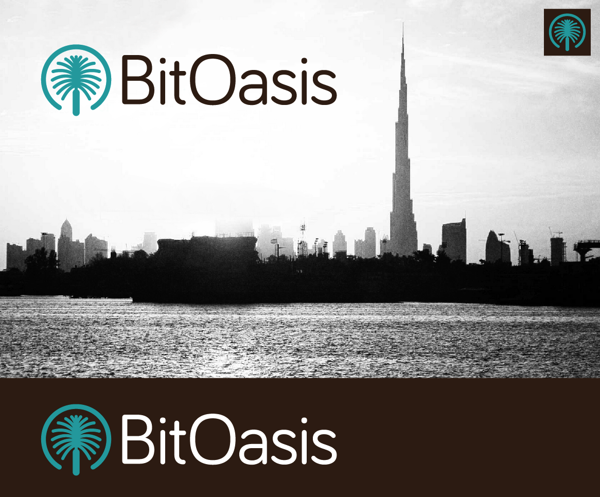Bitcoin can offer many solutions to the Middle East, from fostering youth entrepreneurship to enabling farmers to receive loans in the digital currency, says BitOasis' Ola Doudin.
BitOasis, a Bitcoin exchange and multi-sig wallet dedicated to the Middle East, is working on bringing Bitcoin to the region. Its founder, Ola Doudin, a former Ernest & Young associate, believes the technology has the potential to address the many challenges encountered in the region and foster social development, reported PSFK.
According to Doudin, Bitcoin can offer many solutions across the Middle East and significantly boost the e-commerce industry. She explained:
"We know that the Middle East’s e-commerce market is one of the fastest growing markets in the world, yet around 85% of transactions is still done with cash."
Last year, international telecommunications company Ooredoo conducted an online study entitled "New Horizons: Young, Arab and Connected," which provided a snapshot into the digital attitudes and aspirations of young people across the Middle East and North Africa (MENA) region.
Among the key findings, it was expressed that 90% of the 10,500+ young adults interviewed believe that access to the Internet and mobile digital technology can help them realize their professional aspirations, and 91% also believe that technology is the basis of a modern, forward-thinking and functioning society.
A further 72.8% of young adults in MENA believe freelancing online can provide them with better income opportunities than full-time work, "yet many of these youth still can't be paid online," noted Doudin.
"Women in villages can sell their handicrafts online and accept payments from anywhere across the world, farmers can receive Bitcoin loans and young people can freelance remotely and receive payments instantly."
With 80% of MENA's adults being unbanked, Bitcoin could give the local population the prospect of leading a better life, "have income, save or invest or have any access to financial tools to receive and send money," she added.
Along with being an effective and secure way of transferring value, Bitcoin is also a way to participate in a social experiment and a broader conversation. Amber Haque, the co-founder of The Pizza Guys, the first outlet in the United Arab Emirates to accept payments in the digital currency, stated:
"This conversation [around Bitcoin] has been taking place for some time now and it is very interesting to us. It is changing the way people are thinking about currency. It is such a people-focused kind of currency."
While Bitcoin is believed to hold many opportunities, the fate of the digital currency in the MENA region is yet to be determined, noted Doudin.

"Whether or not Bitcoin can be adopted as a universal or national currency is a different debate all together, and we have yet to see how different institutions and regulators will react to it across the world," she said.
"I believe Bitcoin can co-exist with national currencies, however the form it will take will depend on how governments and regulators will react to this new technology and how they work with startups that are innovating in this space, ideally by creating new products that will become the next generation of fintech products that allow for further innovation rather than cracking down on it."
BitOasis is not the first startup to have decided to tap into the MENA region market. In late August 2014, Australia-headquartered Bitcoin exchange Igot launched the first exchange in the UAE, exploring the opportunities in the remittance market. Following rapid growth, the Australian startup announced in late November 2014 its plan to launch in Saudi Arabia and Egypt.
Did you enjoy this article? You may also be interested in reading these ones:
